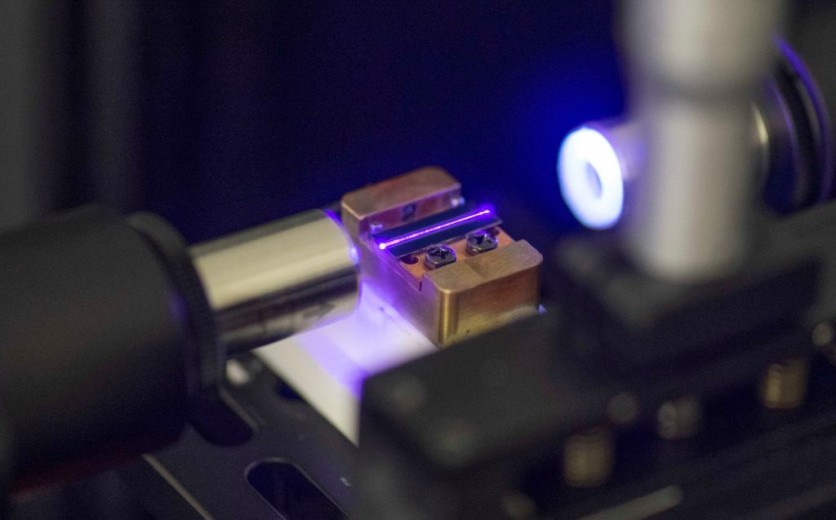With today's technology, we already have computers that not only calculate but also bend the rules of physics to solve problems that were previously thought impossible. That is the promise of quantum computing, a cutting-edge field that aims to change how we process information.
Recently, leading physicist Daniel Amihud Lidar from the University of Southern California shed light on this mind-bending technology and its potential to transform our digital landscape in this article shared by ScienceAlert.

A Look at Quantum Advantage
Quantum advantage represents the pinnacle achievement sought within the growing field of quantum computing. Unlike classical computing, which operates within rigid binary confines, quantum computing harnesses the arcane principles of quantum mechanics.
At its core lies the quantum bit, or qubit, a fundamental unit of quantum information. These qubits exist not merely in 0 or 1 states but in a superposition of both, a phenomenon crucial to their unparalleled computational potential.
Professor Lidar illuminates the intricate interplay of quantum properties, interference, and entanglement that underpin the power of quantum computing.
It is not merely the expansive state representation of qubits but also the manipulation of interference patterns and entanglement fueling the unprecedented computational speed-ups.
Read Also : Journal Nature Retracts' Room Temperature Superconductor' Paper, Raising Concerns About Field's Reputation
Applications of Quantum Computing
The applications of quantum computing can cascade into realms where classical counterparts fail. Professor Lidar tells us that encryption algorithms that currently fortify our digital world could succumb to quantum computational prowess, rendering them vulnerable.
The consequence? A burgeoning field of post-quantum cryptography has emerged, racing to fortify our digital fortresses against impending quantum threats.
Yet, the promise extends far beyond cryptography's borders. Quantum simulations, once a theoretical aspiration envisioned by physicist Richard Feynman, hold the potential to revolutionize chemistry and materials science.
From expediting drug discovery through molecular modeling to birthing materials with unparalleled properties, the vistas of possibility widen.
Not without its tribulations, the trajectory of quantum computing is strewn with challenges. The precarious nature of qubits, susceptible to decoherence from even the slightest environmental perturbation, poses a significant hurdle.
Overcoming these errors necessitates strong effort, prompting investment surge from rising startups and industry stalwarts.
Quantum Winter
A group of researchers at Google and another in China showcased quantum advantage by generating a list of random numbers with certain properties. Lidar's research team also proved a quantum leap in speeding up a random number guessing game.
Despite glimpses of quantum advantage in select domains, a palpable risk looms on the horizon prospect of a "quantum winter." This apprehension emerges if practical applications fail to materialize promptly, potentially stalling momentum in the field.
Yet, amidst these concerns, the symbiotic relationship between academic pursuit and industry endeavors persists. The relentless pursuit of foundational principles by academia, bolstered by the industry's investment, underscores a collective commitment to unveil the true potential of quantum computing.
As the quantum revolution inches closer, the horizon of quantum advantage may only mark the threshold of a vast and transformative journey in computing.
Stay posted here at Tech Times.
Related Article : These Battery-Free, Tiny Robots Transform Into Origami-Inspired Foldable Paper to Change How They Move Mid-Air

![Apple Watch Series 10 [GPS 42mm]](https://d.techtimes.com/en/full/453899/apple-watch-series-10-gps-42mm.jpg?w=184&h=103&f=9fb3c2ea2db928c663d1d2eadbcb3e52)



